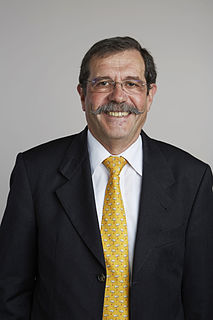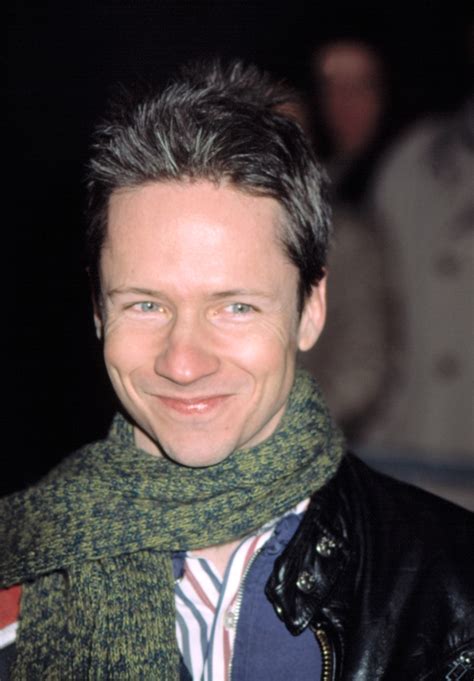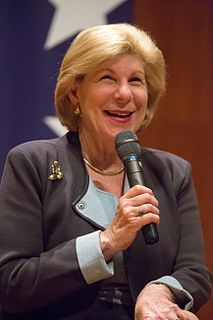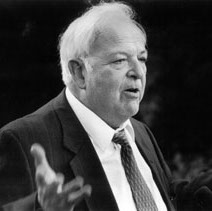A Quote by Maurice Allais
Fascinated by history during my secondary education, then by physics and mechanics at the Ecole Polytechnique, I finally entered the national administration of mines in 1936.
Related Quotes
If I were advising President Obama, since he's the one running, I would have made his campaign very simple. I promise that in four years, I will get more Americans, as many as I possibly can, the opportunity and access to some form of post-secondary education. I want more of them to graduate high school with the skill-set of post-secondary education and I want more of them to be able to obtain that post-secondary education. This is the only way we are going to close the income gap.
One of the most exciting things about dark energy is that it seems to live at the very nexus of two of our most successful theories of physics: quantum mechanics, which explains the physics of the small, and Einstein's Theory of General Relativity, which explains the physics of the large, including gravity.
First, this law - the National Defense Education Act - ended years and years of debate about one controversial question: 'Shall the Federal Government, with all its massive resources, get directly involved in aiding American education?' The answer this law gave was a loud 'Yes!' - and thus we paved the way for a new era of support for education in America. This law, in fact, helped make possible more than 50 new education laws passed in my administration.
In quantum mechanics there is A causing B. The equations do not stand outside that usual paradigm of physics. The real issue is that the kinds of things you predict in quantum mechanics are different from the kinds of things you predict using general relativity. Quantum mechanics, that big, new, spectacular remarkable idea is that you only predict probabilities, the likelihood of one outcome or another. That's the new idea.



































